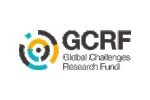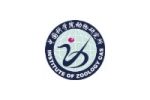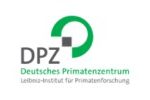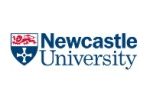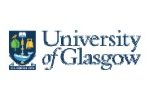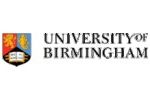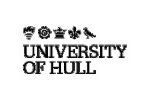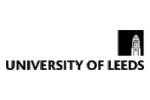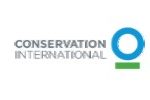Following the cooperative activities in science, technology and training in 2016, the Central Institute for Natural Resources and Environmental Studies (CRES), formerly Centre for Natural Resources and Environmental Studies, has developed and been implementing a research project within the framework of the Urban Climate Resilience in Southeast Asia Partnership (UCRSEA). With the overall objective of the program being “communities, cities, and countries in Southeast Asia become more socially, ecologically, and economically resilient to climate change, which contributes to possibilities for green growth, better governance, and greater security and sustainability”, a research team led by Dr. Le Thi Van Hue, Deputy Head of Cooperation and Development Department has conducted survey and data collection in Phu Hao village, Khanh Phu commune, Yen Khanh District, Ninh Binh province. Survey tools include: key informant interviews, focus group discussions and household interviews.
Photo 1: Discussions with the officials of Khanh Phu Commune about environmental issues and socio-economic development of the locality.
Khanh Phu is a commune located in the northern part of Yen Khanh District. The commune authority is located at the boundary of Phu Tan and Phu Long villages, 5.92 kilometers to the south of Ninh Binh city center. Khanh Phu commune with an area of 5.92 km2 is divided into 8 villages including Phu An, Phu Tan, Phu Hai, Phu Hao, Phu Cuong, Phu Binh and Phu Son. Being one of the most economically developed communes in Yen Khanh district as it is in an extremely advantageous location, which borders Day River to the north of the commune with Ninh Phuc as a hub port of the area and Khanh Phu Industrial Zone, to the West of National Highway 1A and National Road 10 is the border between Phu Tan and Phu Long villages, that are convenient for transportation of goods to prioritize economic development in the direction of industrialization and modernization. With such natural features and socio-economic development, Khanh Phu can be vulnerable to climate change in the area.
Photo 2: Dr. Le Thi Van Hue discusses with the farmer group in Phu Hao village, Khanh Phu commune about the situation of using fresh water in the locality.
The research team is currently at the stage of processing data and writing a report. These findings are an important basis for sharing with other project partners and will be discussed at the Annual Project Meeting held in Cambodia from May 8th to May 11th 2017.
Other photos:





